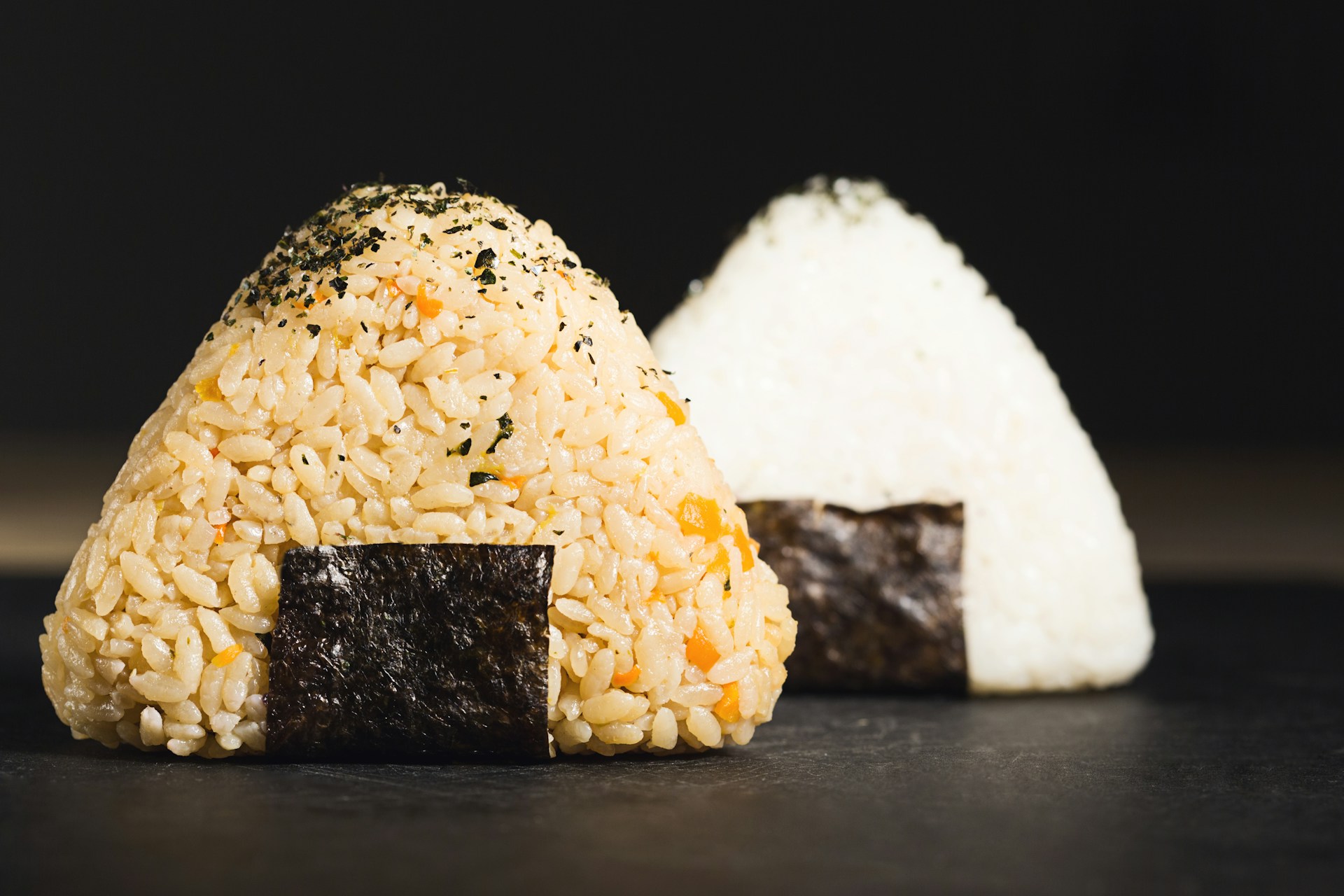Meat? Rice? Meat-Rice!
A research team from South Korea has introduced an eco-friendly solution to food problems. The new type of rice is pink, has a buttery smell, and contains as much protein as beef. However, it is not vegetarian.
Hong Jin Kee and his team from Yonsei University in Seoul aim to revolutionize nutrition. In a small laboratory in Seoul, the team of South Korean scientists injects cultivated beef cells into individual rice grains. The meat cells continue to grow, resulting in a kind of meat-rice. Could this be the new animal, environment, and climate-friendly protein source for humans?
With lab-grown meat, “we can obtain animal protein without slaughtering animals,” says Hong. The pink meat-rice could help during famines and even be considered as astronaut food.
The meat industry is frequently criticized, both ethically due to the suffering of animals and environmentally due to the poor climate impact of intensive animal farming. For years, companies and researchers worldwide have been developing alternative products.
Pink Color, Buttery Aroma
The South Koreans chose rice as the base for their meat substitute, primarily because it is already the main protein source for people in Asia. Additionally, rice has a “slightly porous structure,” Hong explains. When meat cells—in this case, beef cells—are injected into the rice, the grain provides “an ideal structure for uniform cell growth from the inside out.”
The resulting meat-rice differs from normal rice only in its pink hue. It also has a slightly buttery aroma. According to the researchers, it has eight percent more protein and seven percent more fat.
However, the production process is currently very labor-intensive. The rice grains are coated with fish gelatin to improve adhesion and then individually injected with beef cells. The meat cells grow in the rice for eleven days in a petri dish.
Hong and his team aim to simplify the production process further. He hopes the meat-rice will soon be approved as emergency food in famine-stricken areas. “For those who can only have one meal a day, even a slight increase in protein content, by just a few percent, is incredibly important,” says the researcher.
Significantly Better Climate Impact
The climate impact of meat-rice is significantly better because there is no need to raise and keep animals. Hong estimates the greenhouse gas emissions to be 6.27 kilograms of CO₂ per 100 grams of protein. The greenhouse gas emissions for beef production are eight times higher.









